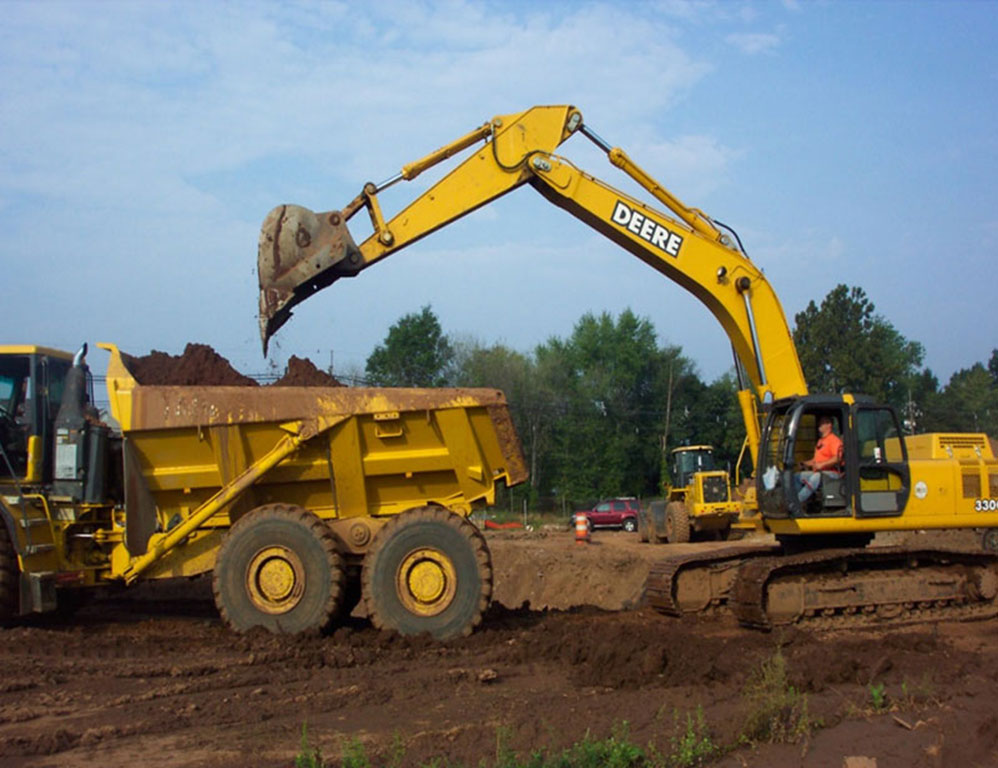Waste removal is part of almost every environmental investigation and remediation project. Whether we are cleaning a tank, responding to spill, installing wells, performing demolition, excavating soil, dewatering, or even remediating in-situ — some form of waste is usually generated.

Improper management of these waste materials can lead to violations, fines, or liability issues for waste generators, as well as practitioners. It’s crucial that every party involved in the generating, handling, transporting, and disposing of waste follow strict “cradle-to-grave” protocols, to avoid penalties that can cost you money and your reputation.
The issue is that the root of the responsibility — waste classification — is a highly scrutinized process. It’s not as simple as analyzing a sample and comparing the result to a standard. RCRA and TSCA possess an intricate web of regulations, often based on the process or source of contamination, regardless of concentration.
There are a host of exemptions also worth understanding, depending on the amount of waste you generate, store, and other factors. The better environmental consultants understand the rules and techniques, the better value they are to their clients.
Continuing Education Credits
AWT has been approved by the LSRP (Licensed Site Remediation Professional) Board to provide an instructional course titled “Waste Classification and Management for Site Remediation” for Continuing Education Credits (CECs) to New Jersey LSRPs: 0.5 regulatory and 0.5 technical.
The courses are also valuable to non-licensed practitioners and young professionals. The best part, you don’t have to go anywhere to attend a course. AWT will come to your office or location of choice to provide a free one-hour “lunch & learn” — earning you credits in the process.
Interested in learning more about our course offering? If you feel this would be of value to your staff, contact AWT to make arrangements at: (800)-732-7701 or complete form here.
